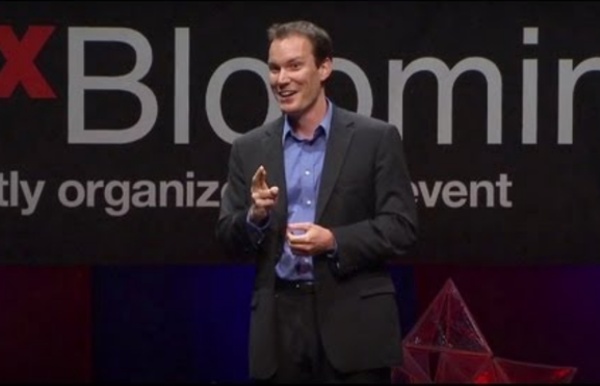



http://www.youtube.com/watch?v=fLJsdqxnZb0
Related: Vidéos inspirantesAlphaKnowledge: Christopher Donohue: A sweet lesson on patience. This post falls outside of my normal business oriented content. Yet this is a lovely story that should be shared, which falls within my core philosophies: be kind, be loyal, be helpful and contribute. There is so much niceness in the world, but it goes unreported usually. A sweet lesson on patience. A NYC Taxi driver wrote: I arrived at the address and honked the horn.
Game theory Game theory is the study of strategic decision making. Specifically, it is "the study of mathematical models of conflict and cooperation between intelligent rational decision-makers."[1] An alternative term suggested "as a more descriptive name for the discipline" is interactive decision theory.[2] Game theory is mainly used in economics, political science, and psychology, as well as logic, computer science, and biology. The 50 most interesting articles on Wikipedia « Copybot Deep in the bowels of the internet, I came across an exhaustive list of interesting Wikipedia articles by Ray Cadaster. It’s brilliant reading when you’re bored, so I got his permission to post the top 50 here. Bookmark it, start reading, and become that person who’s always full of fascinating stuff you never knew about.
Amazing Places To Experience Around The Globe (Part 1) Preachers Rock, Preikestolen, Norway Blue Caves - Zakynthos Island, Greece Skaftafeli - Iceland Another View: The Science and Strategy of College Recruiting Andrew Sullivan for The New York TimesA statue of Nathan Hale on Yale’s Old Campus. Marina Keegan is a senior English major in the writing concentration at Yale University. NEW HAVEN — Last May, one of the largest hedge funds in the world paid me $100 to eat gourmet popcorn and explain why I wasn’t applying for one of its (lucrative!) jobs.
This Sci-Fi Touchscreen Can Give The iPhone Real Buttons Most of us have adjusted to life with touchscreens. They lack tactile feedback, the rubber nubs that enable thoughtless use of our television remotes, but touchscreens create dynamic virtual buttons and open up vital screen real estate. They’re worth the thumb-numbing tradeoff. But what if we could have both, a dynamic touchscreen with real buttons? Impossible?
Machine Scans Twitter For Mentions Of Fruit, Then Turns Them Into Smoothies We tend to think of data in one way: numbers. We can change the fonts, or we can graph them out. Maybe we can even use advanced visualization to make someone really grasp a particular figure. But numbers are always using one sense: sight.
Could This Tiny $70 Box Be The Next Mouse? Maybe It’s so rare that technology feels like magic. That first time you sifted through thousands of songs in your pocket or used a touch-screen phone? Forgotten now. In using technology in our daily lives, the impossible is proven, again and again, to be entirely possible, and we grow numb to the magic around us. I only mention this because the Leap certainly looks like one of those magical moments in technology.